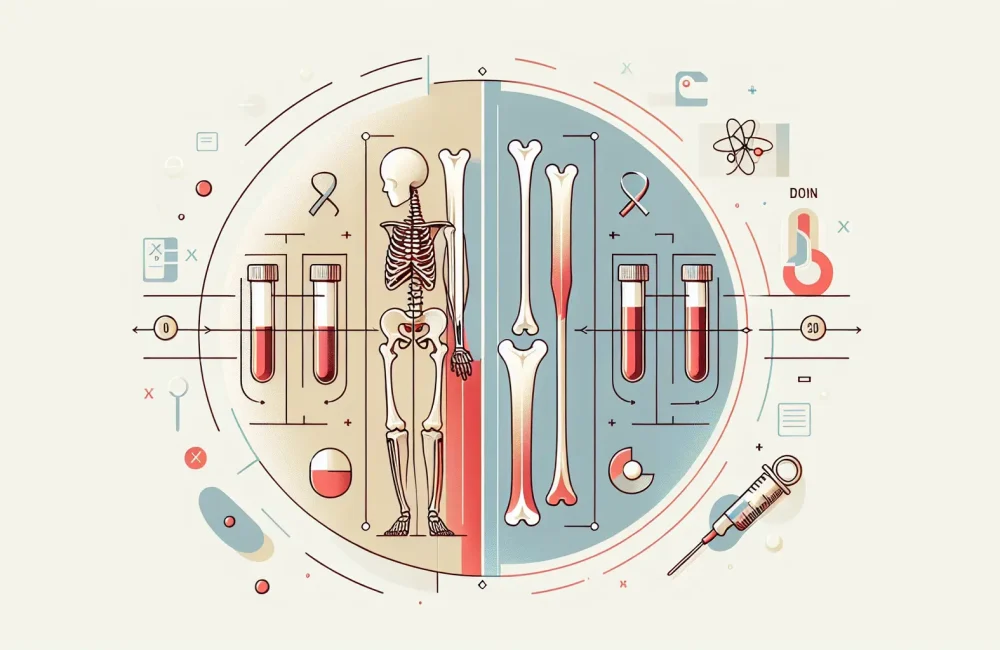By CAFMI From Nature Reviews Endocrinology
The Impact of Ultra-Processed Foods on Obesity
Ultra-processed foods (UPFs) have become a ubiquitous part of modern diets worldwide and are closely linked to the rising rates of obesity. These foods are industrially formulated products that contain little to no whole foods, relying heavily on additives, preservatives, and flavor enhancers. Key characteristics of UPFs include being energy-dense and high in added sugars, fats, and salt, yet low in fiber and essential micronutrients. This combination fosters excess calorie intake and weight gain. Their hyperpalatable taste, combined with ease of access and convenience, encourages overeating and disrupts natural hunger and fullness cues, contributing significantly to caloric imbalance.
Mechanisms by Which Ultra-Processed Foods Promote Weight Gain
UPFs affect the body in multiple ways that extend beyond mere calorie content. The intensive processing methods they undergo—such as high heat and mechanical treatments—alter the natural food structure, reducing satiety signals and making it easier to consume larger quantities. Many UPFs have a high glycemic load, which affects hormonal regulation of appetite, often leading to increased hunger shortly after eating. Additionally, additives and chemical contaminants present in these foods can disrupt the gut microbiota and metabolic functions, potentially promoting obesity and metabolic disorders. These complex biological effects highlight why simply reducing calorie intake without targeting food quality may be insufficient for effective weight management.
Public Health Implications and Clinical Recommendations
Considering the substantial impact of UPFs on obesity, public health initiatives are vital to curbing their consumption. Strategies such as reformulating products to lower unhealthy ingredients, implementing taxation on UPFs, enforcing clearer labeling, and restricting aggressive marketing—especially to children—can help reduce intake at the population level. For clinicians, especially primary care physicians, understanding the role of UPFs in obesity supports more informed dietary counseling and patient education. Encouraging patients to prioritize whole, minimally processed foods can improve satiety, reduce excess calorie consumption, and positively influence long-term weight control. Ongoing research is needed to further elucidate the interaction between food processing, nutrition, and metabolic health to refine guidelines and interventions.
Read The Original Publication Here






